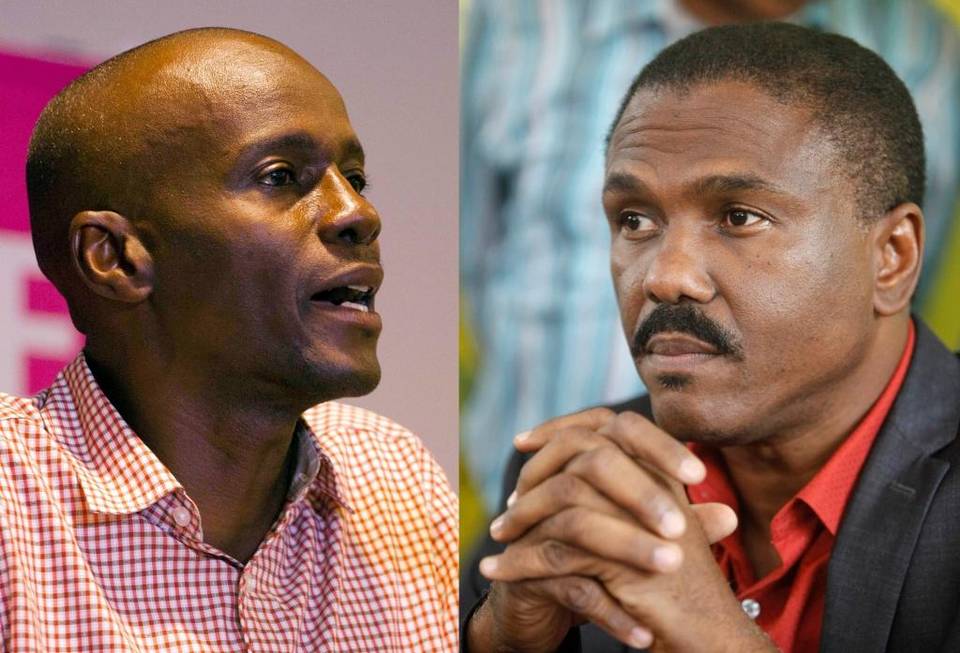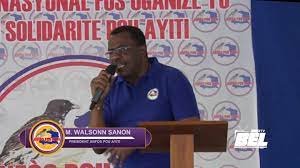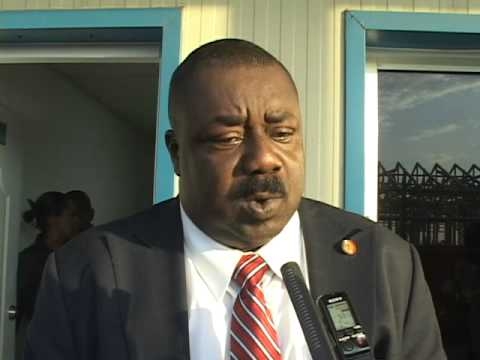Ensure integrity of Haiti’s election
Haiti finds itself embroiled — again — in an electoral crisis in the midst of a presidential election. This shouldn’t come as a surprise. First, elections repeatedly were delayed under President Michel Martelly until Parliament dissolved in January. This allowed him to rule by decree without democratic checks and balances.
Now, on the eve of a presidential runoff, the country, in the words of its own prime minister, is facing a “trust crisis.” The nine-member Provisional Electoral Council (CEP), charged with verifying election results, has made one gaffe after another, discredit itself and the process. Yet no one, from the U.S. government, which has invested $30 million in the balloting, to the European Union, which observed the vote and quickly pronounced it A-OK, to Mr. Martelly, who faced a similar challenge five years ago, is doing much to confront the problem before it further deteriorates.
The Haitian people deserve more. They deserve to know that their votes, cast on Oct. 25, counted. But first, allegations of fraud, whether massive or not, need to be addressed and finally put to rest.
At the very least, we know there were tainted votes that should have been tossed out. They were found in a random sample of a vote check by presidential candidates who challenged the election results in court. But instead of asking for a deeper review of the tallies, CEP President Pierre-Louis Opont, declared the results final.
Once the allegations of fraud were made, CEP members themselves should have done a review of the tally sheets to ascertain if the charges had merit. Haiti’s electoral law is clear; less clear is why the CEP didn’t do its job.
This week, a group of eight presidential candidates, led by second-place finisher Jude Célestin, has threatened further interruption if an inquiry into the flawed vote doesn’t happen. Their threat comes after the disturbing confession of an electoral adviser who said that he didn’t sign the preliminary election results because he could not vouch for them.
Meanwhile, the Catholic Church and Protestant religious leaders have joined in the demands for verification, demands already made by four local human-rights groups that observed the initial vote.
Haiti cannot afford this kind of uncertainty. Nearly six years after the earthquake, people are still in tents, the domestic currency is devalued and the already impoverished nation is deeply in debt. Whoever is elected will face a litany of challenges. A disputed election won’t help.
Haiti Special Coordinator Kenneth Merten, of the U.S. State Department, scheduled to touch down on the island this week, must do his utmost to persuade Haitian leaders to bring clarity to the election, starting with getting the CEP to postpone the Dec. 27 runoff, followed by an independent investigation into fraud allegations — Haitian-led, but with the support of the international community.
Though the international community desperately wants to believe that these elections are Haiti’s business alone, the truth is that the United States and the European Union have invested millions upon millions to bring about political and social stability. The return on investment, however, has been sketchy.
In 2010, Mr. Martelly, believing the election had been stolen from him, sent his supporters into the streets where they burned a government building and demanded a recount. Their cries were so loud that it prompted a visit from then-Secretary of State Hillary Clinton, who demanded that then-President René Préval accept the report of an Organization of American States’ verification mission.
Now it is Mr. Martelly who won’t budge. If he were a true leader, he would do everything in his power to ensure the integrity of the Haitian peoples’ vote. | Source : miamiherald.com










